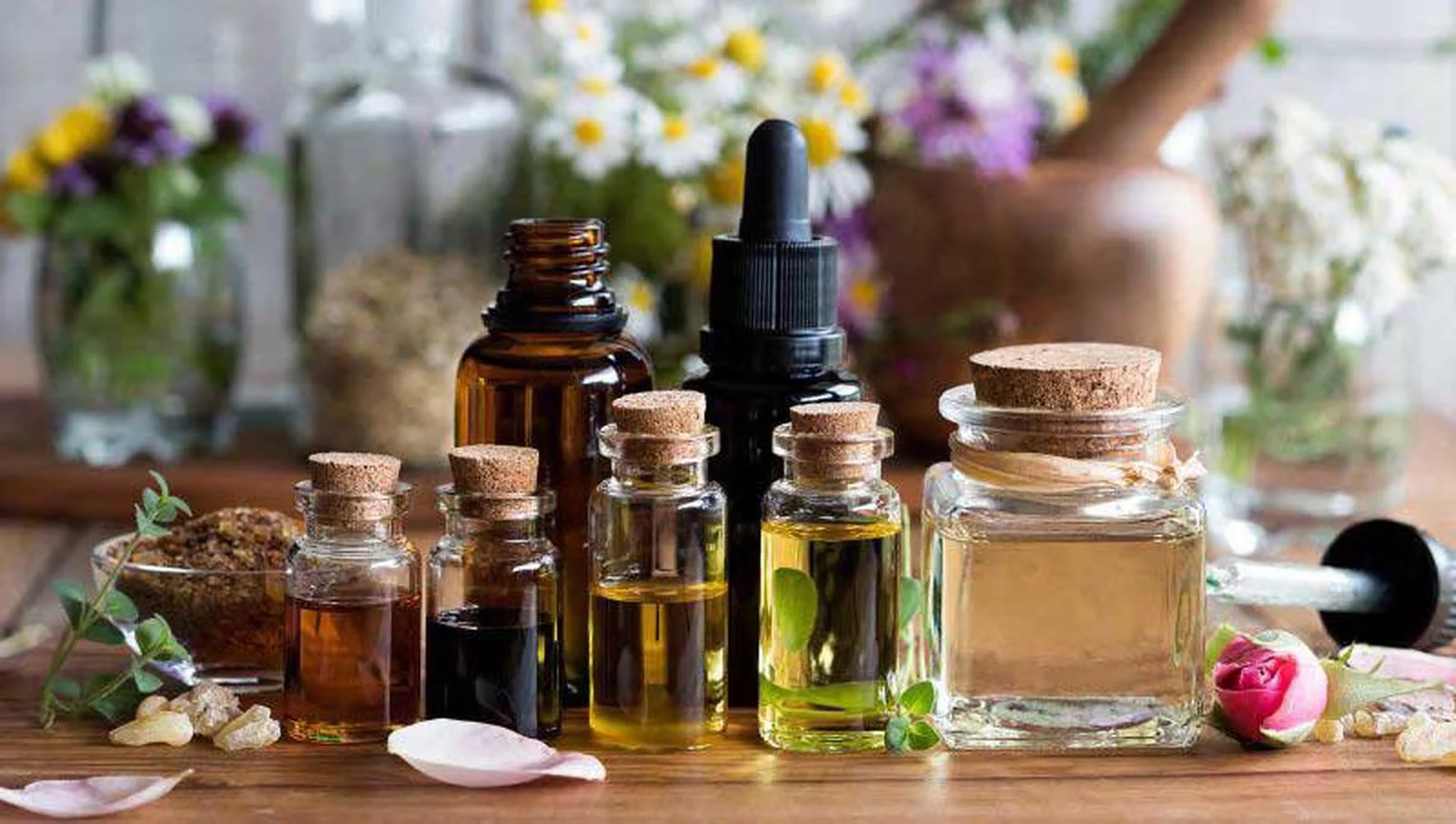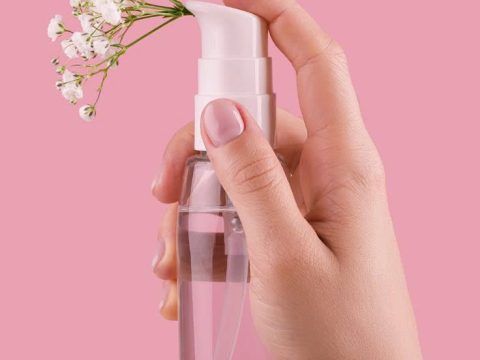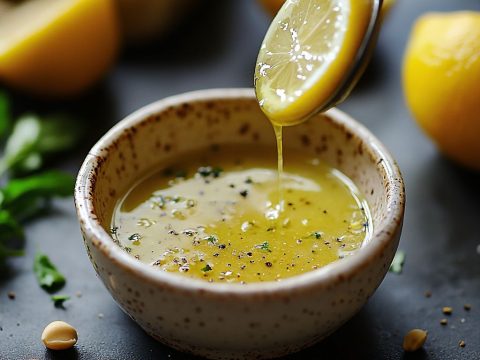Essential oils: Concepts and health benefits
1. What are essential oils?
Essential oils, compounds extracted from plants. Unique aromatic compounds give each essential oil its characteristic essence – fragrant essential oil.
Essential oils are obtained through steam and water distillation or mechanical methods, such as cold pressing. Once the fragrance chemicals have been extracted, they are combined with a carrier oil to create an easy-to-use product.
The method of producing essential oils is important, because essential oils obtained through chemical processes are not considered true essential oils.
2. How do essential oils work?
Essential oils are most commonly used in aromatherapy. Essential oils should not be swallowed. The chemicals in essential oils can interact with your body in a number of different ways, such as when applied to the skin.
It is thought that certain application methods can improve absorption, such as applying heat or to different areas of the body or using essential oils in a steam bath .
Inhaling the fragrance from essential oils can stimulate areas of the limbic system in the body, impacting emotions, behavior, sense of smell and long-term memory.
The limbic system is heavily involved in memory formation, and may partly explain why familiar smells can trigger memories or emotions. The limbic system also plays a role in controlling a number of unconscious physiological functions which include: Breathing, heart rate and blood pressure.
3. Popular essential oils
There are more than 90 types of essential oils with different fragrances and health benefits. Some popular essential oils and their associated health benefits:
- Mint : Used to increase the body’s energy and aid digestion
- Lavender: Used to reduce stress
- Sandalwood: Used to calm the nervous system and help with better concentration
- Bergamot: Used to help reduce stress and improve skin-related conditions such as eczema
- Rose: Used to improve mood and reduce anxiety
- Chamomile: Used to improve mood as well as induce relaxation
- Ylang-Ylang: Used in the treatment of headaches , nausea and skin diseases
- Tea Tree: Used to fight infections and boost immunity
- Jasmine: Used to help fight depression , childbirth and reduce sexual desire
- Lemon: Used to aid digestion, and the scent of lemon also helps improve mood, headaches…

4. Health benefits of essential oils
Although they are widely used, little is known about the ability of essential oils to treat certain health conditions. Some evidence of common health problems that essential oils and aromatherapy have been used to treat.
4.1. Stress and anxiety
It is estimated that 43% of people with stress and anxiety use some form of alternative therapy to help reduce symptoms.
The scents of certain essential oils can work alongside traditional therapy to treat anxiety and reduce stress.
Using essential oils during a massage can help reduce stress in the body, although the effects only last during the massage.
4.2. Headaches and migraines
In the 1990s, several studies conducted on essential oil applications found that applying a mixture of peppermint oil and ethanol to the forehead and temples made subjects feel less stressed. headache.
Furthermore, applying a mixture of chamomile and sesame oil to the temples can treat headaches and migraines. However, more in-depth quality research is needed on this issue.
4.3. Sleep and insomnia
Lavender essential oil has been shown to improve sleep quality in women after childbirth, as well as in patients with heart disease.
Results of a review of 15 studies on essential oils and sleep. The results obtained using essential oils – mainly lavender oil – have a positive impact on sleep habits.
4.4. Reduce inflammation
Essential oils can help fight inflammatory conditions in the body. A study in mice found that ingesting a combination of thyme and oregano essential oils helped relieve colitis.
However, there are still very few human studies examining the effects of these oils on inflammatory diseases. Therefore, the effectiveness and safety of these essential oils are unknown.
4.5. Antibiotics and antimicrobials
The rise of antibiotic-resistant bacteria has made people more interested in finding other compounds that can fight bacterial infections. For example, peppermint essential oil and tea tree oil have quite positive antibacterial effects.
Although these research results were all performed in test tubes, these results can help provide a basis for further research on the effects of essential oils on the human body.

5. How to choose the right essential oil
Here are some tips for choosing only high-quality oils:
- Purity: Look for an oil without additives or synthetic oils. Pure oils often list the botanical name of the plant (such as Lavandula officinalis) rather than terms like lavender essential oil.
- Quality: Real essential oils include essential oils that are least altered during the extraction process. Choose essential oils that do not contain chemicals that have been extracted through distillation or mechanical cold pressing.
- Manufacturer brand: Buy products from a reputable brand to get high quality products.










